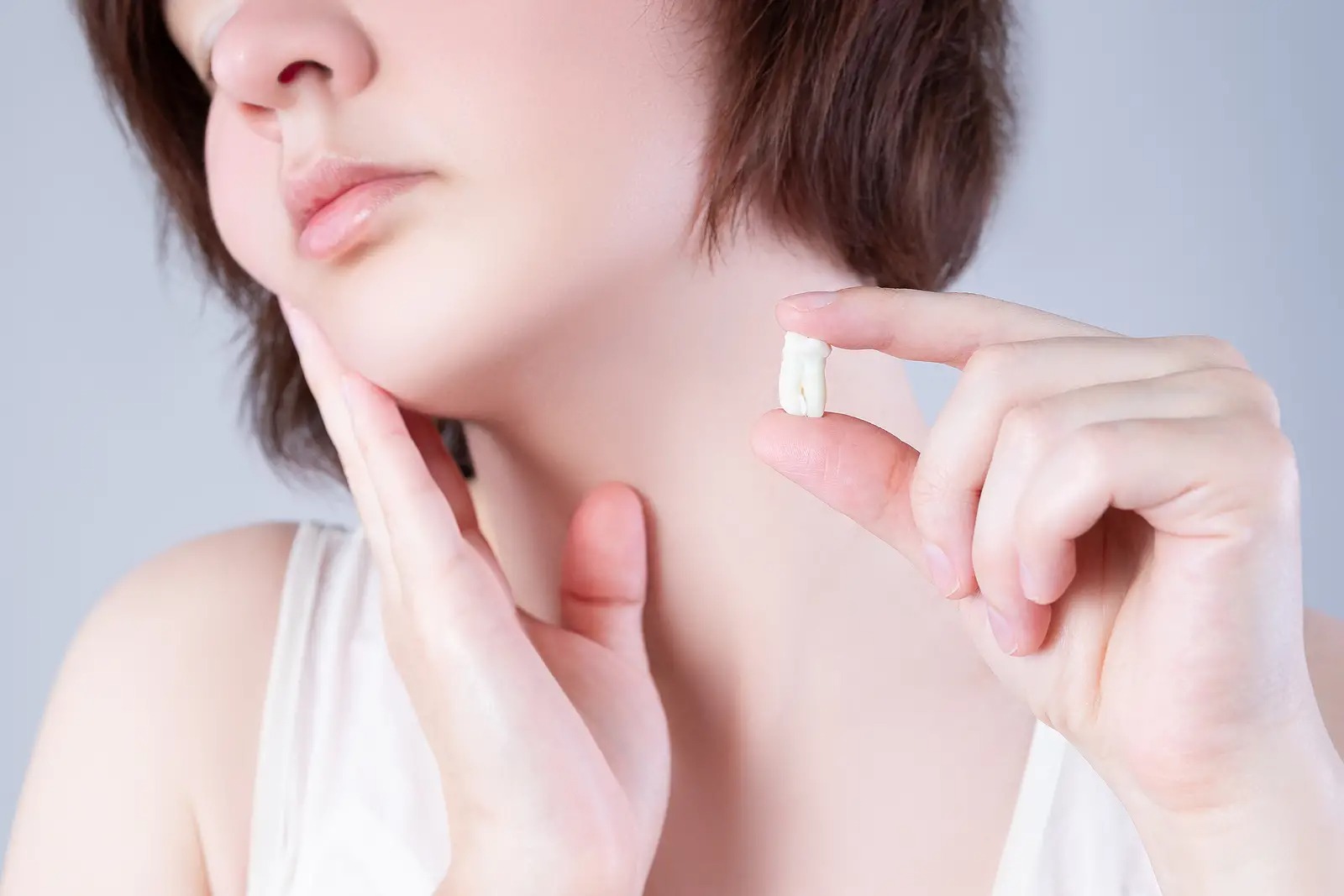Every holiday season, dentists’ offices get calls from folks who develop tooth pain and require an emergency visit to settle a painful tooth problem. Bah and humbug, you say? Indeed, this Grinchy situation seems to be a real deal, but is it? The answer is, ‘Maybe, but the problem often builds gradually over time.’ Sure, you can get downright unlucky and break a tooth on a sugar plum or something, but often the painful situation begins with a pre-existing cavity or a crack hidden inside a tooth. This is why it makes sense to see your dentist for checkups and cleanings regularly. Dentists can find problems for you before they hurt and offer a simple solution before there is more damage or pain.
Cavities don’t have to be a normal part of Thanksgiving, Christmas, or any other time. We experience dental problems when the conditions are just right. Here is a set of four important interacting factors that play a role in tooth decay, and knowing about them can prevent a holiday’s perfect storm:
1) Diet
2) Oral Bacteria
3) Saliva and minerals
4) Homecare, brushing
Although these factors interact together, directly and indirectly, increases in acidity will cans- teeth to dissolve, much like acid rain will damage limestone buildings; the bottom line then becomes, excess acid from any source pulls minerals out of our teeth, weakening them.
For example, some dietary items, like fruit juices, soda, and wine, can directly cause dissolution by being naturally acidic or indirectly cause demineralization and decay by having high sugar content. A bacterial biofilm, part of the microbiome found in everyone’s mouth, forms plaques on our teeth and will cause acid damage by the indirect route. Bacteria organize and form into a plaque, and when they do, they metabolize sugars present in our diet and excrete concentrated acid onto our teeth.
Plaque is very sticky and difficult to remove from the crevices within and between our teeth, giving it a safe harbor and time to slowly and incrementally damage our teeth. Moreover, these plaques are protective of bacteria nearest the surface of the tooth, which in turn creates a localized spot of high acidity. So, after eating a delightfully tasty sugar doodle, the plaque will metabolize and grow, acid levels will rise, and our teeth can be damaged. Thankfully, proper home care, like brushing and flossing, can remove many of those plaques. Interestingly, saliva acts as a natural buffer to absorb excess acid and contains dissolved potassium, magnesium, phosphorus, and calcium.
These minerals help to restore tooth surface integrity by re-mineralizing what is lost to dissolution. Fluoride should be mentioned because it is beneficial in preventing both direct and indirect acid pull of minerals from our teeth. Beneficial in small amounts, it is found in natural sources and in some tooth pastes. Best wishes for the holidays, and may they be filled with love, happiness, and peace!




